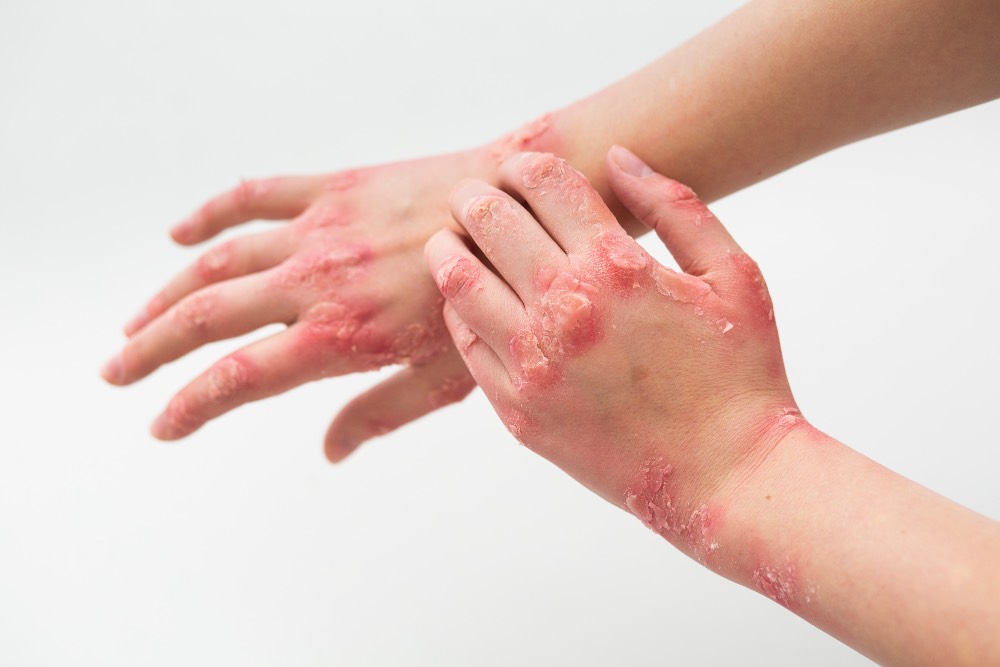Treating Eczema With Homeopathy
Eczema is the overall term given to many different skin conditions of inflammation. It includes dermatitis, from dry flaking, oozing, cracking, bleeding and hot skin, and sometimes the formation of little blisters; there are degrees of itching, from mild to severe.

Image by Freepik
This may result in issues such as bullying at school, infections from scratching, loss of sleep, a thickening or thinning of skin, emotional stress. Its’ cause may be any number of factors, including stress, allergies or a sensitivity reaction to chemicals or to protein factors in immunisations. Usually there will be a family-inherited component, other family members who have allergic conditions such as asthma, hayfever or specific allergies.
Conventional medicines prescriptions of steroid cream may help initially, and moisturizing the skin will help this condition, however steroid cream over time may have a thinning effect on the skin with decreasing effectiveness. Eczema is best treated by a professional Homeopath. Make a Homeopathy Appointment. If you need to have a skin cream it is best to use a hypoallergenic ‘Base’ cream, such as one containing Almond.
The anti-inflammatory plant Calendula is an excellent treatment to soothe and nourish the skin. And if you prefer, you can make one yourself from the plant, using vegetable glycerine as a base – try looking up a method on-line.
Having eczema shows us the Immune System has been compromised and although the condition is curable it may take time. The good news, in Homeopathic terms, is that Eczema is a ‘good response’ of the body in expressing its imbalance: the skin is the body’s safest organ, so keeping the imbalance away from the major internal organs is a great move.
Our bodies are so intelligent. Homeopathic remedies can then match the skin symptoms, as they are pointers to the whole body repair. A distinctive remedy for oozing, clear, or yellow discharge is Graphites. The discharge has been described as ‘honey-like’ and the eczema is most common behind the ears and on the head.